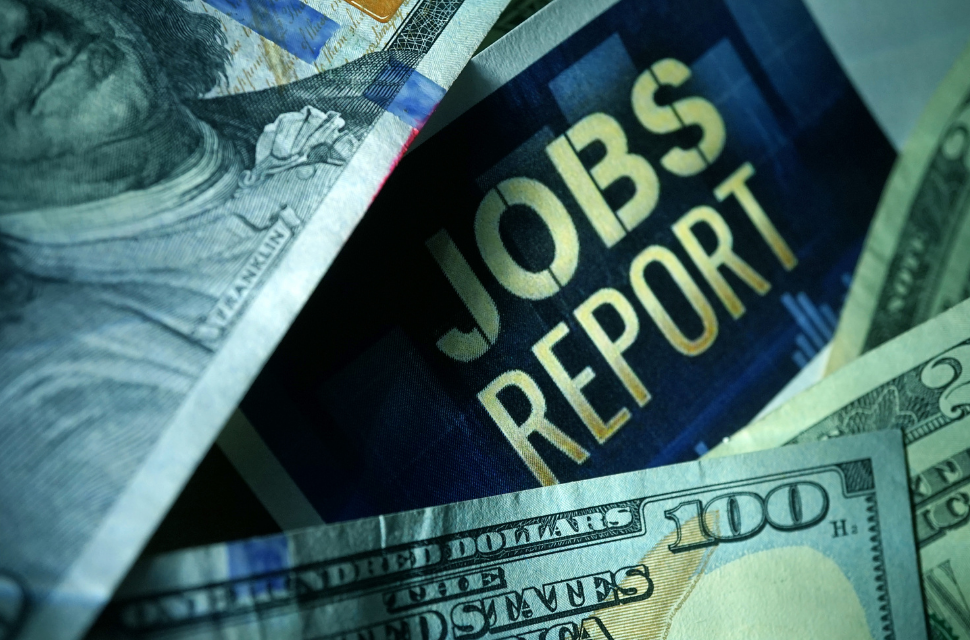Proportion of young people in the UK with gambling problem has more than doubled, official data reveals

The proportion of young people in Great Britain with a gambling problem has more than doubled, according to “astonishing” official data that prompted calls for urgent government intervention.
New figures from the Gambling Commission, which regulates bookies, online casinos and the national lottery, revealed a shock surge, to 85,000, in the number of children classified as having a gambling problem under widely used diagnostic criteria.
Nearly one in 10 reported that gambling by family members had caused problems at home, while there was an increase in the number who said their own habit led them to lose sleep, skip school or miss homework.
About a quarter (26%) of young people aged 11 to 17 said they had gambled using their own money in the past year.
The majority placed bets either on legally permitted activities such as seaside arcades, or in informal settings such as among friends. But the survey found there had been a “significant increase” since 2023 in the number of young people who have gambled at licensed bookmakers or placed bets online, often using family members’ accounts.
Overall, the proportion of young people in Britain with a gambling problem has more than doubled from 0.7% to 1.5% compared to 2023, the data found, equivalent to about 85,000 children. That proportion rose to 1.7% among boys, 1.9% among all children aged 14-17 and as high as 3% for young people living in Scotland.
Iain Duncan Smith MP, the former Conservative leader, said the figures were “astonishing” and called on Labour to stop dragging its feet on regulatory reform.
“We’ve been warning about this forever and it’s getting worse. The gambling firms are completely out of control and seem to be going after young people,” he said.
Duncan Smith, who co-chairs a cross-parliamentary group examining gambling harm, called on Labour to revive and strengthen the previous government’s white paper on gambling regulation, published last year. The white paper, whose failure to address gambling advertising has drawn criticism, has been shelved since the general election.
“The government still seems undecided about what they’re going to do,” said Duncan Smith.
“We just want them to get on with it and tighten up the white paper, which didn’t go far enough. This report shows they can’t sit back on it. If we don’t act now it’s going to get even worse.”
Labour, which has previously come under scrutiny over numerous personal and financial ties to the gambling sector, has so far been tight-lipped on its plans for reforming regulation and taxation of an industry that wins £11bn a year from British punters. The Chancellor, Rachel Reeves, considered but ultimately rejected proposals to increase taxes on the industry to help plug a £22bn fiscal “black hole”.
The Gambling Commission report is based on the internationally recognised DSM-IV method, with children asked questions such as whether they gambled to escape problems, or spent more than they wanted to. It found an increase in those blaming gambling for late nights or missed schoolwork. Nearly one in 10 (9%) reported “arguments or tension” at home caused by a family member’s gambling.
About 6% said they had gambled on licensed products, such as online bookies, that they are not legally permitted to access, up from 4% in 2023. This is thought to be down to adults allowing children to use family members’ accounts, particularly boys placing bets on football.
Will Prochaska, who leads the Coalition to End Gambling Ads (CEGA) said this was “no surprise considering the ongoing barrage of gambling ads that every child in the UK is forced to see almost every day of their lives”.
A spokesperson for the Betting and Gaming Council, the industry lobby group, said its members took a “zero tolerance approach to betting by children”. The BGC said the majority of children who gamble do so with friends or on legally permitted arcade machines, adding that it had strict age verification checks, unlike illicit gambling sites.
A government spokesperson said: “We recognise the impact harmful gambling can have on individuals and their families and we are absolutely committed to strengthening protections for those at risk, including young people.”
“Ministers are currently considering the best available evidence, including the Gambling Commission’s recent statistics, and the full range of gambling policy and will update in due course.”
Related
N.Y. Lottery: 2 Powerball third-prize tickets worth $50K sold in…
There were two lucky winners recently in New York state who scored $50,000 with third-prize Powerball tickets, including one winner in New York City. The New Yo
Poland floats EU group to combat unregulated gambling
Poland has proposed the EU form a working group to combat unregulated gambling as part of a bid to recover lost tax revenue. The
The international money, gambling and most influential sports league in…
Talking NFL revenue, player contracts, union leverage and the future of American sports leagues all over the world with our returning champion and super agent











